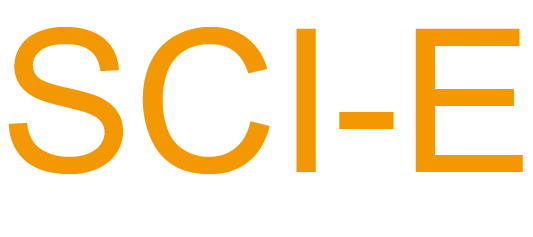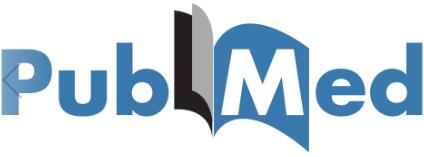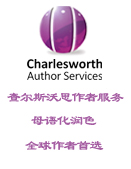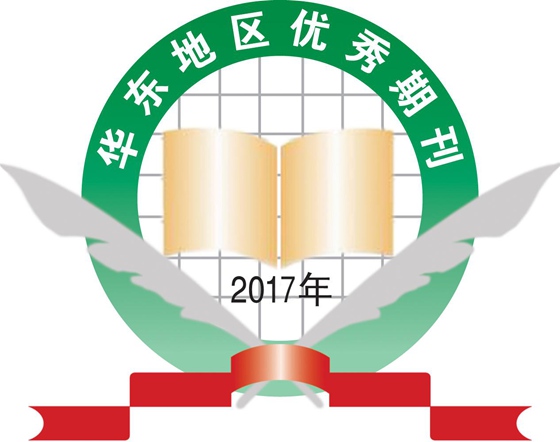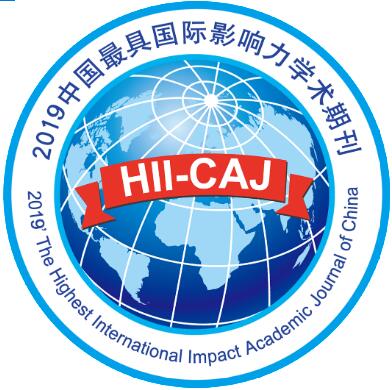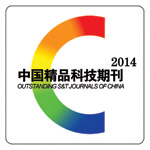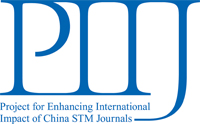Background
The morbidity of stroke is high. Traditional Chinese medicine is commonly used for patients with ischemic stroke in China, but the efficacy need be further proved.
Objective
To assess the efficacy and safety of an herbal medicine treatment regimen integrating traditional Chinese medicine and Western medicine for ischemic stroke patients with yin pattern syndrome. Design, setting, participants and interventions: A multicenter, randomized and controlled clinical trial was adopted. A total of 537 patients with acute ischemic stroke were enrolled in 22 hospitals from July 2005 to October 2006, among whom 274 were assigned to group A (herbal group) and administered with Western medicine plus herbal medicine treatment, and the other 263 in group B (control group) with Western medicine plus placebo. The patients in two groups were all treated for 21 days.Main outcome measures: The primary endpoint of outcome measures was Barthel index. The secondary endpoints included National Institutes of Health Stroke Scale, the modified Rankin criteria, Stroke Specific Quality of Life, and Stroke Scale of Traditional Chinese Medicine. The adverse effects of the treatment were also observed.
Results
A total of 622 randomization numbers were applied by the centers and 16 numbers were lost for mishandling, so a total of 606 patients were included. Fifteen patients were excluded (5 in group A, and 10 in group B), and 54 (25 in group A, and 29 in group B) lost in follow-up. A total of 537 patients completed the trial and a per-protocol set analysis was conducted. There were no statistical differences in age, sex, pulse rate, heart rate, respiratory rate, blood pressure, medical history, neurological deficit scores, scores on Glasgow Coma Scale, and lesion size of intracerebral ischemia between the two groups at baseline (P>0.05). Twelve patients, including 5 in group A and 7 in group B, died during the 90 days of research period, and no significant difference was found between the two groups. Compared with Western medicine alone, herbal medicine treatment could improve the neurological deficit at day 21, activities of daily living at day 90 of follow-up, and the patient-reported outcome at days 21, 60, and 90 (P< 0.05). Independent living ability of the patients was also improved (67.9% of group A vs 59.3% of group B, 0-1 at modified Rankin criteria). Moreover, the herbal medicine treatment showed a tendency in improving quality of life at a time-dependent manner. Adverse events, including gastrointestinal adverse events, skin symptoms, hemorrhagic tendency, and aminotransferase increase, happened in 76 cases from both groups, and no significant difference was found between the two groups. Correlation analysis showed that aminotransferase increase was not related to the herbal medicine treatment, but to the lipid-lowering drugs.
Conclusion
The present research demonstrates that the herbal medicine treatment shows effects on neurological deficit and patient-reported outcome at day 21, activities of daily living and handicap at day 60, and handicap, activities of daily living and patient-reported outcome at 3-month follow-up.
 Table of Content
Table of Content



